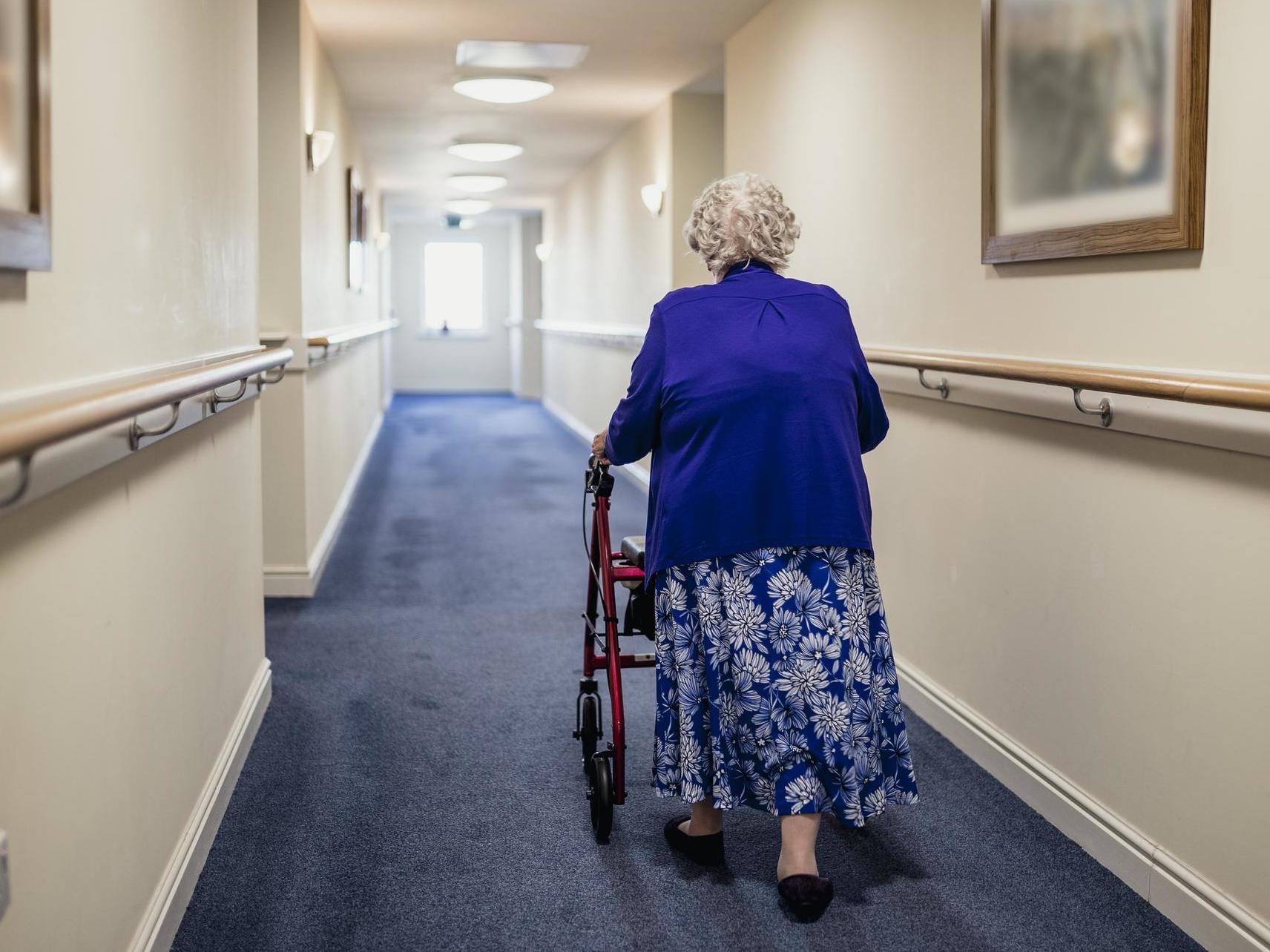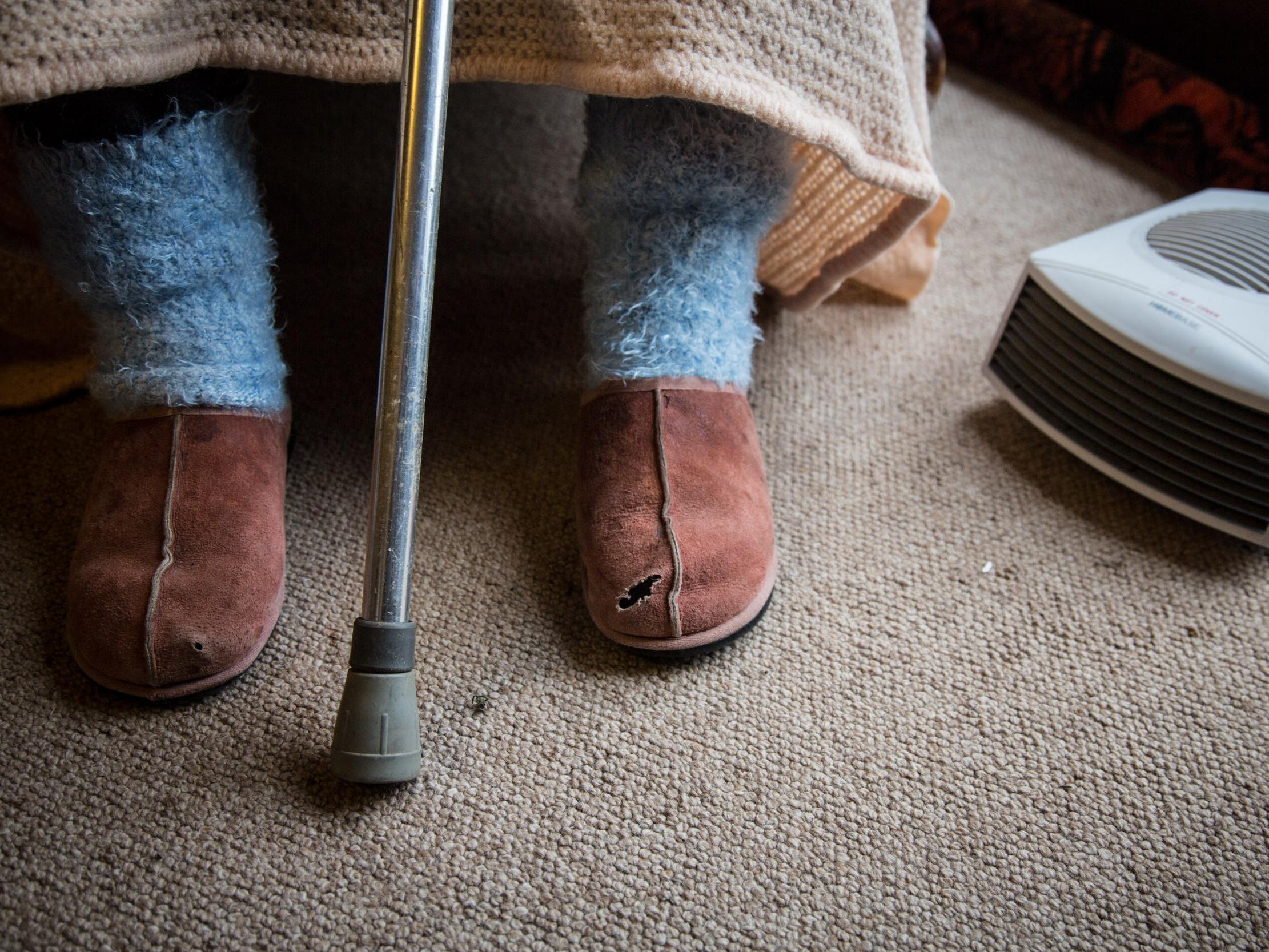Call to scrap immigration fees for foreign care workers to ‘ease strain on system’ and boost retention
There are also calls for carers to be paid a higher minimum wage to help retain staff

Settlement fees for foreign nurses and carers in the UK should be scrapped to help ease the challenges facing the social care sector, the government’s migration advisory body has said.
In a report assessing the impact of Brexit on the adult social care sector, the Migration Advisory Committee (MAC) highlighted the “significant cost” people on UK health and care worker visas must pay to remain in Britain given the “low wages paid in the social care”.
The MAC says ministers should adopt a string of recommendations “as soon as possible” in order to “alleviate the challenges facing the social care sector”.
It calls on the government to immediately introduce a minimum pay rate for care workers in England that is above the National Living Wage, at a minimum starting point of £10.50 per hour.
It comes as the care sector faces many challenges including increased demand for care, high vacancy rates and poor terms and conditions of employment compared to competing occupations.
Professor Brian Bell, chair of the MAC, said immigration “cannot be a silver bullet” to solve the fundamental challenges the care sector faces, and that those challenges had resulted from “years of underfunding which predate and dwarf any immigration-related factors”.
He said the government should remove immigration fees for both employers and migrants “as soon as possible”, as well keeping care workers on the shortage occupation list – a list of roles deemed by the UK government to be in short supply – for the foreseeable future.
People who enter the UK on the health and social care visa, which allows medical professionals to come to Britain to take up an eligible job with the NHS or in adult social care, are eligible for settlement, known as Indefinite Leave to Remain (ILR), after five years.
But the application costs £2,389 per person, and dependent family members must also pay the same fee. That means anyone with dependants also applying for ILR “may have to pay a large share of their annual post-tax salary in fees”, said the MAC.

The cost of a settlement application is very high compared to the cost of processing the application, which the Home Office reported as £243 in the last year. The discrepancy between those costs is among the highest in the immigration system.
“There are also significant costs associated with a migrant becoming settled in the UK. This problem is not specific to care workers, although their low salaries may make the fee less affordable in comparison to other work migrants,” states the report.
“We want to encourage dedicated workers in health and social care to remain in the UK. We recommend that workers who spend the full five years working in nursing or care roles on the visa should either receive a complete settlement fee waiver or pay a lower fee, that is no higher than the unit cost of processing. The cost of this recommendation should not be passed on to other visa fees.”
The MAC states the government should introduce a fully funded minimum rate of pay for care workers in England, at a starting point of £10.50 per hour, where care is being provided through public funds.
“One cannot seriously address the workforce difficulties in social care unless pay is improved. Improving pay is essential to boosting recruitment and improving retention,” states the report.
“There is no reason why the pay of care workers should rise only when the national living wage rises. Indeed, there are clear reasons why relying on NLW uplifts will not address the recruitment and retention difficulties.”
The report also recommends the removal of the immigration skills charge, which is paid by employers for all health and social care visas, and says there should be a review of all visa application fees to ensure they are affordable for people on middle and low incomes.





Join our commenting forum
Join thought-provoking conversations, follow other Independent readers and see their replies
Comments